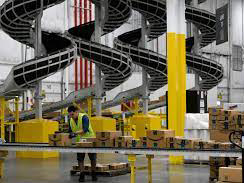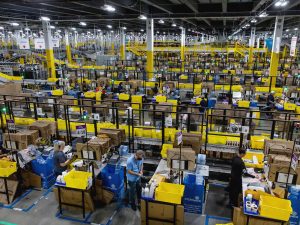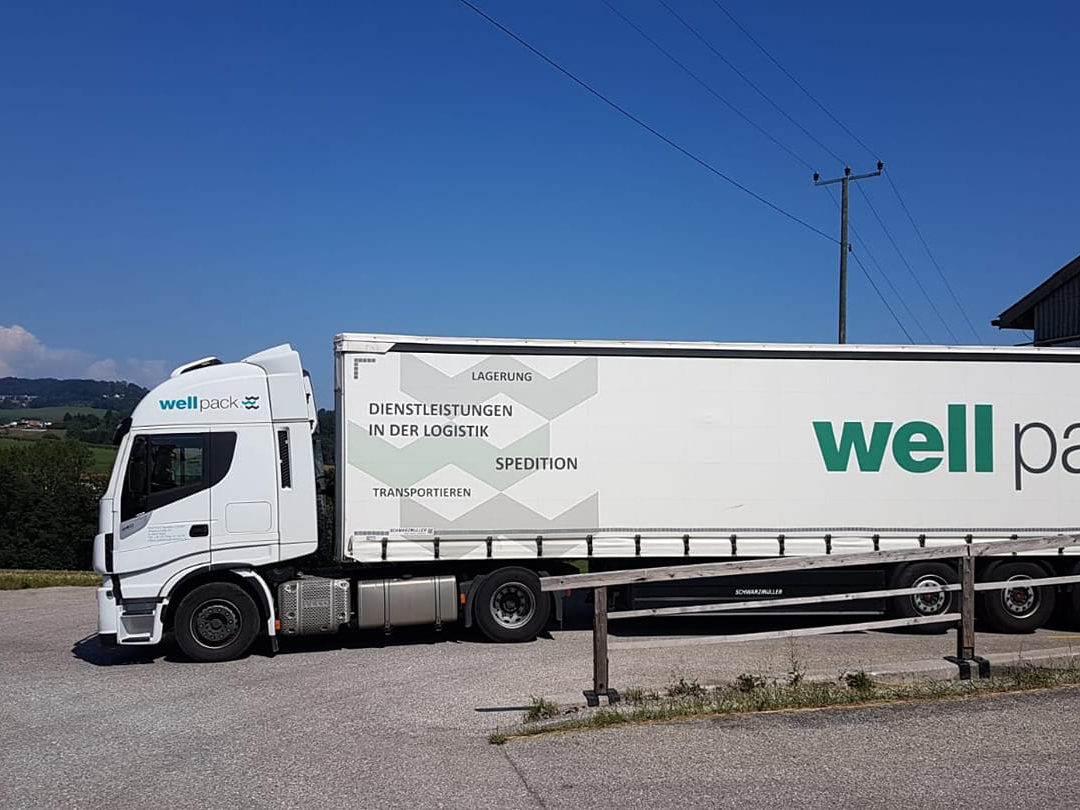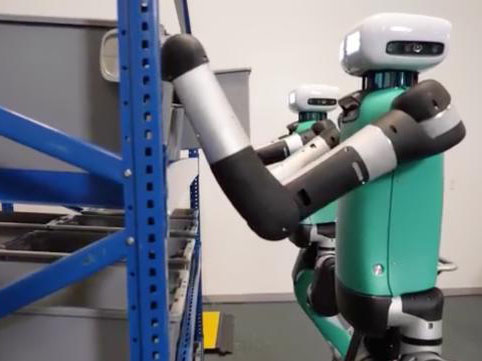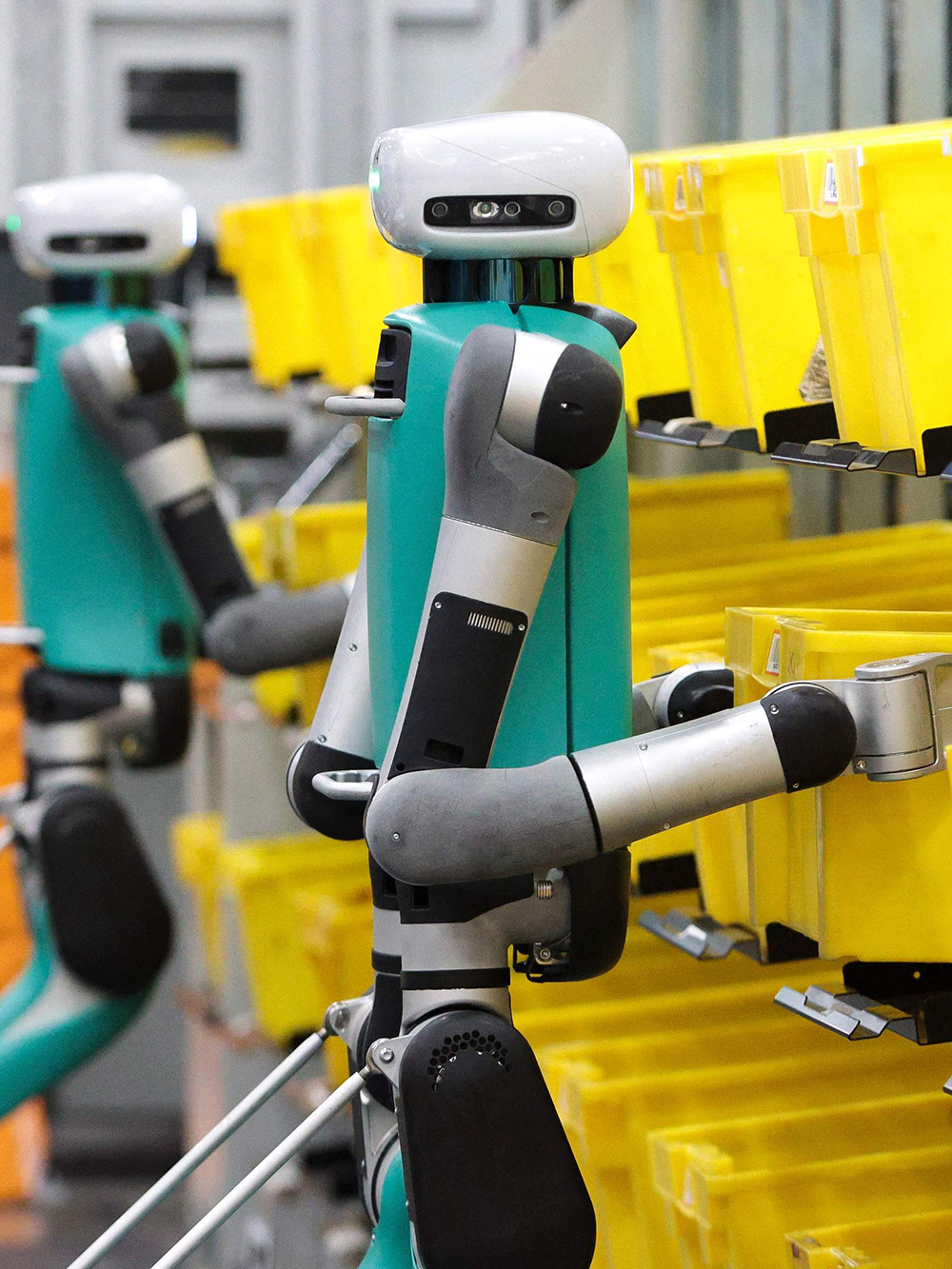Europe’s Logistics Future: A Detailed Forecast of the Trends, Opportunities, and Hurdles Shaping the Industry in 2024
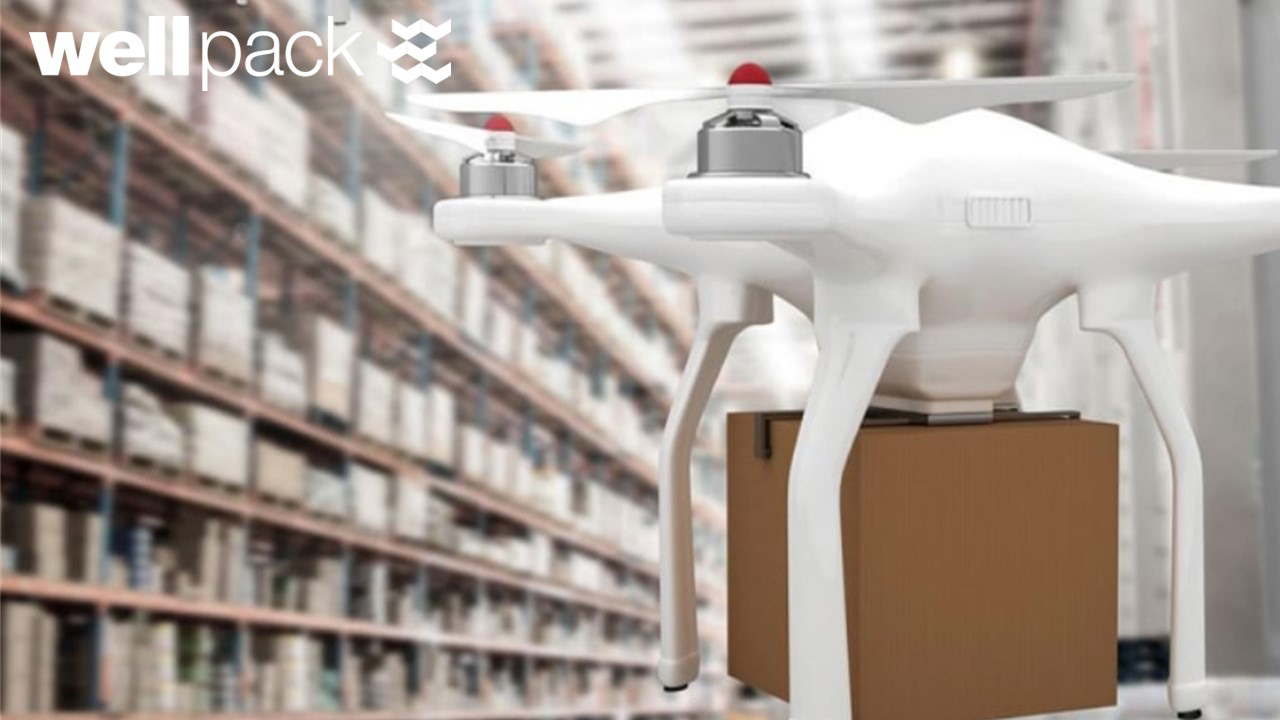
If you are a business owner and do not want to lose it next year, but want it to become stronger and more competitive, then you should consider all these forecasts and factors for 2024-2025.
European transport and supply chain logistics are poised for significant innovations and improvements in 2024, driven by technological advancements, evolving consumer demands, and a focus on sustainability.
HERE ARE SOME KEY SECTORS OF LOGISTICS WHERE WE CAN EXPECT PROGRESS:
- Enhanced Automation and Robotics: The utilization of automation and robotics will continue to expand across customer sector, streamlining processes, enhancing efficiency, and reducing labor dependencies. This includes advancements in automated warehouse systems, robotic picking and packing solutions, and autonomous vehicles for both on-road and last-mile deliveries.
- Artificial Intelligence (AI) Integration: AI will play an increasingly prominent role in optimizing supply chain operations, providing real-time insights, and enabling predictive analytics. AI-powered tools will be used for route optimization, demand forecasting, inventory management, and predictive maintenance, leading to cost savings, improved delivery times, and reduced downtime.
3. Blockchain Technology Adoption: Blockchain technology is poised to transform supply chain transparency and traceability. By providing a secure and tamper-proof record of goods movement, blockchain can enhance trust, reduce fraud, and streamline customs procedures, fostering greater collaboration among supply chain partners.
4. Sustainable Logistics Solutions: The focus on sustainability will drive innovations in eco-friendly transportation modes, such as electric vehicles, alternative fuels, and multimodal transportation solutions. Additionally, there will be a growing emphasis on sustainable packaging materials and waste reduction strategies.
5. Urban Logistics Optimization: As cities continue to grow, optimizing urban logistics will become increasingly crucial. This will involve developing innovative solutions for last-mile deliveries, utilizing smaller vehicles, and exploring alternative delivery modes such as drones and cargo bikes.
6. Data-Driven Decision Making: Data analytics will play a central role in driving informed decision-making across the operation management. Companies will leverage data from various sources, including IoT sensors, smart devices, and customer behavior, to optimize routes, improve inventory management, and enhance customer service.
7. Collaborative Supply Chain Networks: Collaboration among supply chain partners will become increasingly important to address complex challenges and share resources. This will involve developing open-source platforms, data-sharing agreements, and joint ventures to achieve shared goals, such as improving efficiency and reducing emissions.
8. Talent Development and Training: The distribution industry will need to invest in attracting, developing, and retaining skilled workers to support the adoption of new technologies and ensure a capable workforce for the future. This includes providing training in automation, AI, data analytics, and other emerging technologies.
9. Regulatory Harmonization and Digitalization: Harmonizing regulations across Europe will facilitate cross-border trade and streamline logistics processes. Additionally, digitalizing customs procedures and regulatory compliance will reduce paperwork, expedite clearance times, and enhance efficiency.
10. Customer-Centric Logistics: The focus on customer satisfaction will drive innovations in real-time tracking, proactive communication, and personalized delivery experiences. Customers will have access to more detailed shipment information, receive updates on delays, and have more options for delivery scheduling and locations.
Supply chain companies need to take all these innovations into account and implement them into their processes in a timely manner, otherwise the business will not keep up with the trends and will lose benefits
LOGISTICS COMPANIES IN EUROPE MAY FACE A NUMBER OF CHALLENGES IN 2024:
- Labor shortages: The European transport industry is facing a severe labor shortage, which is expected to worsen in 2024. This shortage is due to a number of factors, including an aging workforce, a lack of skilled workers, and competition from other industries.
- Rising fuel costs: Fuel costs have been rising in recent years, and this trend is expected to continue in 2024. This will make it more expensive for delivery companies to operate, which could lead to higher freight rates.
3. Increased regulation: The European Union is increasingly regulating the operation industry, with a focus on environmental sustainability and safety. This increased regulation can add to the costs and complexity of operating a transport company.
4. Digital transformation: The transport and logistics industry is undergoing a rapid digital transformation, which is creating both opportunities and challenges. Transport companies will need to invest in new technologies in order to remain competitive, but this can be a costly process.
5. Continued supply chain disruptions: The ongoing COVID-19 pandemic and geopolitical tensions, such as the war in Ukraine, are likely to continue to disrupt supply chains in 2024. These disruptions can lead to shortages of goods, higher prices, and slower delivery times.
THE GROWTH OF THE LOGISTICS INDUSTRY IN EUROPE IN 2024 IS DRIVEN BY SEVERAL FACTORS:
- The continued recovery of the global economy from the COVID-19 pandemic
- The increasing importance of e-commerce and online shopping
- The growing need for sustainable and environmentally friendly logistics solutions
KEY TRENDS THAT DETERMINE THE FUTURE OF LOGISTICS IN EUROPE IN 2024:
- Increased use of automation and robotics: Automation and robotics are already being used in logistics to a significant extent, and this trend is expected to continue in the years to come. This will help to improve efficiency and productivity, and it will also free up human workers to focus on more value-added tasks.
- Greater use of artificial intelligence (AI): AI is being used in business to improve route optimization, predictive analytics, and demand forecasting. This will help to improve the efficiency and effectiveness of trading operations.
- The development of new technologies: New technologies, such as blockchain and the Internet of Things (IoT), are also expected to play a role in the future of logistics. These technologies can help to improve traceability, transparency, and security.
- The focus on sustainability: There is a growing focus on sustainability in the moving industry, as companies are looking to reduce their environmental impact. This is leading to the development of new sustainable logistics solutions, such as electric vehicles and renewable energy sources.
HERE ARE SOME OF THE SPECIFIC CHANGES THAT ARE EXPECTED TO TAKE PLACE IN LOGISTICS IN EUROPE IN 2024:
- More urban logistics: As cities continue to grow, there will be a need for more efficient and sustainable ways to deliver goods to urban areas. This is likely to lead to the development of more urban logistics centers and the use of more sustainable transportation modes, such as electric vehicles and bicycles.
- More cross-border e-commerce: Cross-border e-commerce is expected to continue to grow in the years to come. This will create new challenges for operations management service providers, as they will need to find ways to efficiently and cost-effectively ship goods across borders.
- More focus on supply chain resilience: Supply chains are becoming increasingly complex and global, and they are therefore more vulnerable to disruptions. This is leading to a greater focus on supply chain resilience, as companies are looking for ways to make their supply chains more resilient to shocks such as natural disasters and political instability.
WHAT AWAITS THE LOGISTICS OF ONLINE STORES IN EUROPE?
It will change significantly in 2024, due to several factors:
- The continued growth of e-commerce: E-commerce is expected to continue to grow in Europe in 2024, and this will put pressure on customer service providers to find ways to deliver goods to consumers more quickly, efficiently, and cost-effectively.
- The increasing demand for same-day and next-day delivery: Consumers are increasingly demanding same-day and next-day delivery, and this is putting pressure on transport providers to develop new and innovative solutions.
- The need for more sustainable logistics solutions: Consumers and businesses are increasingly concerned about the environmental impact of supply chain, and this is leading to a demand for more sustainable solutions.
The logistics industry in Europe is expected to continue to grow and change in 2024. The companies that are able to adapt to these changes and embrace new technologies will be well-positioned for success in the future.
TAGS: #3PL #Fulfillment #Logistics #Transport #Transportation


